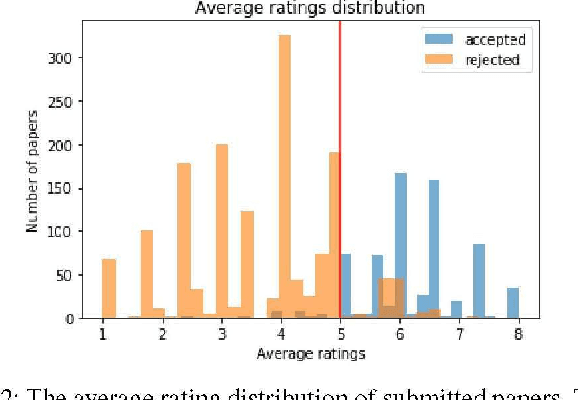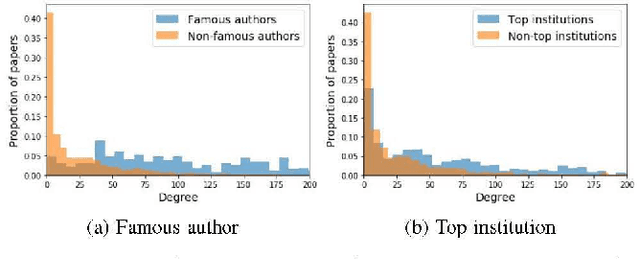Farzan Masrour
Fairness Perception from a Network-Centric Perspective
Oct 07, 2020



Abstract:Algorithmic fairness is a major concern in recent years as the influence of machine learning algorithms becomes more widespread. In this paper, we investigate the issue of algorithmic fairness from a network-centric perspective. Specifically, we introduce a novel yet intuitive function known as network-centric fairness perception and provide an axiomatic approach to analyze its properties. Using a peer-review network as case study, we also examine its utility in terms of assessing the perception of fairness in paper acceptance decisions. We show how the function can be extended to a group fairness metric known as fairness visibility and demonstrate its relationship to demographic parity. We also illustrate a potential pitfall of the fairness visibility measure that can be exploited to mislead individuals into perceiving that the algorithmic decisions are fair. We demonstrate how the problem can be alleviated by increasing the local neighborhood size of the fairness perception function.
 Add to Chrome
Add to Chrome Add to Firefox
Add to Firefox Add to Edge
Add to Edge